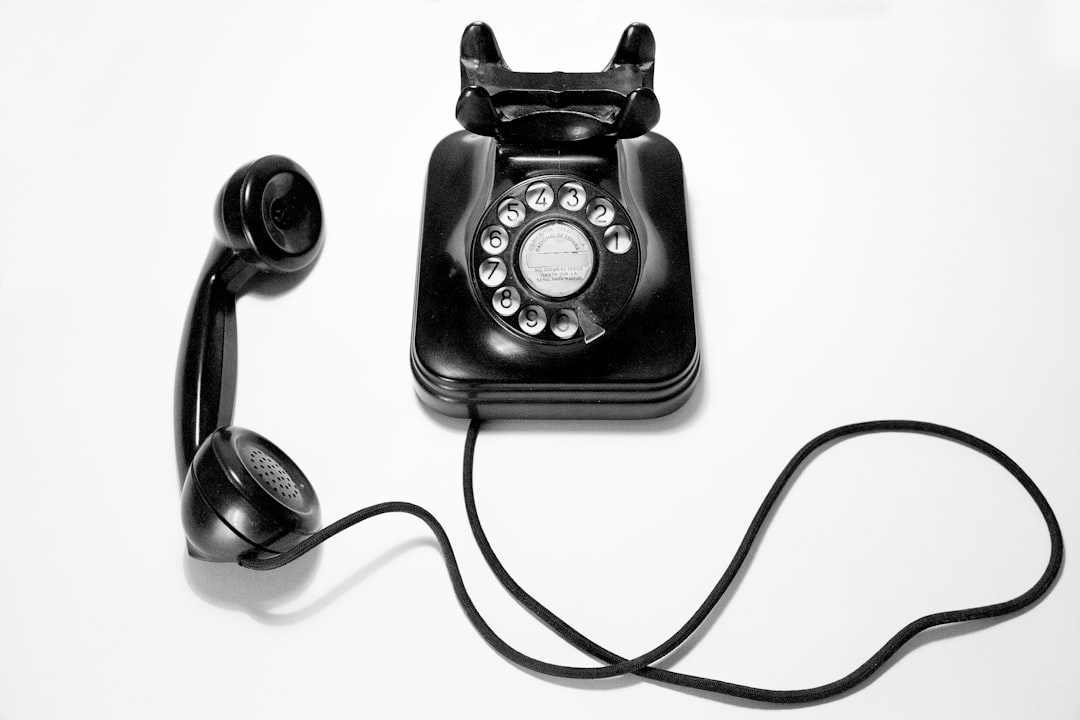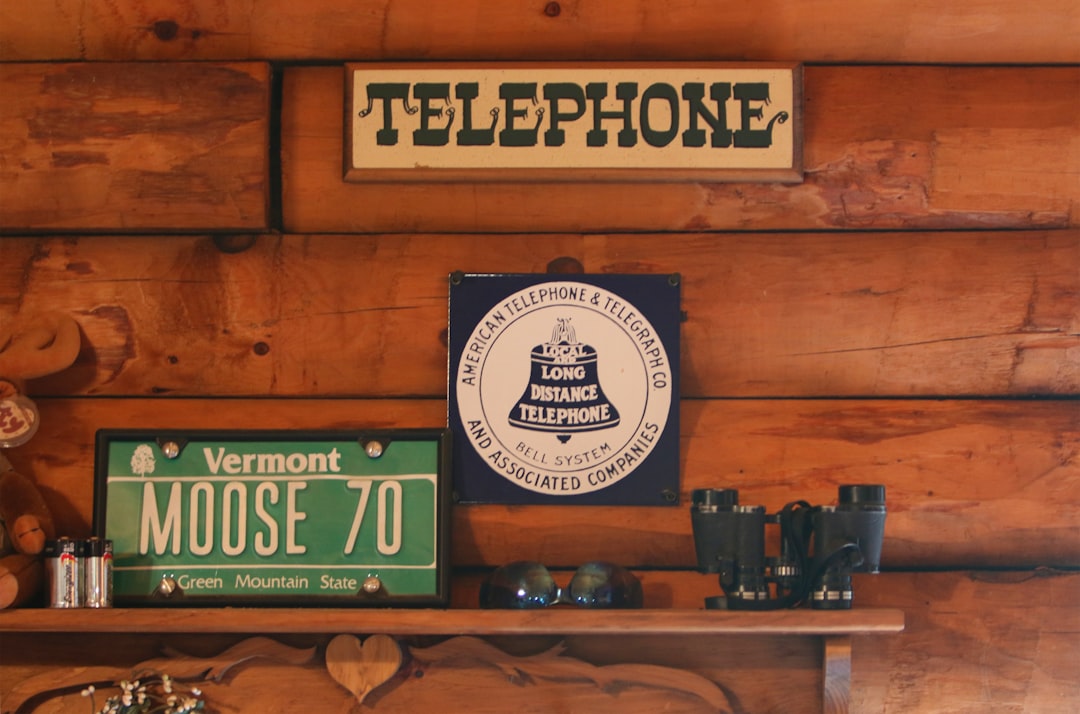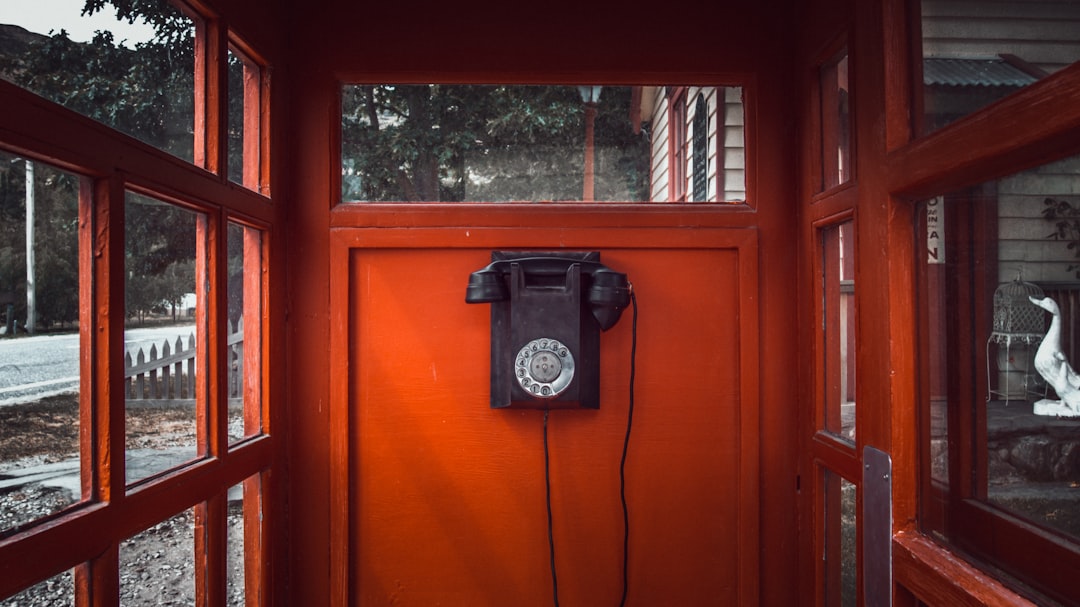Utah residents are targeted by charity scam calls from spam call law firms, impersonating legitimate organizations. Fraudsters use urgent requests and threats to solicit donations. Individual vigilance is key; verify charities' authenticity before donating. Utah's spam call laws protect residents, prohibiting unauthorized automated calls like those from fraudulent law firms. Reporting suspicious calls helps combat scammers and ensures genuine charitable giving.
In Park City, as across Utah, charity scam calls can be a persistent problem. Understanding these scams is the first step to protecting yourself and your family. This guide navigates common tactics used by scammers targeting charitable donations, highlighting how to spot fraudulent organizations. We explore legal protections offered by Utah’s spam call laws and provide effective reporting strategies. By arming yourself with knowledge, you can navigate these calls with confidence and ensure your contributions go to legitimate causes.
Understanding Charity Scam Calls in Utah

In recent years, Utah has seen a rise in charity scam calls, targeting residents with fraudulent appeals for donations. These calls often pose as legitimate charities, taking advantage of people’s generosity and desire to support good causes. Spam call law firms in Utah have been working tirelessly to combat this growing issue, but staying informed remains crucial for citizens.
By understanding the tactics used by scammers, you can protect yourself from falling victim to these deceptive practices. Common methods include urgent requests for donations, threatening to cut off future donation opportunities if immediate action isn’t taken, and even impersonating local organizations or government agencies. Knowing these red flags enables you to verify the authenticity of charity calls before making any financial contributions.
Common Tactics Used by Scammers

Scam artists in Park City and across Utah often employ sophisticated tactics to deceive individuals into donating money or sharing sensitive information. One common method is impersonating legitimate charities, emergency services, or even government agencies. They may call claiming they represent a well-known charity, using similar names and logos to trick recipients into believing the call is genuine. These scammers rush their pitch, creating a sense of urgency to prompt immediate action without allowing time for verification.
Another tactic involves threatening consequences if the recipient doesn’t comply, such as legal action or even arrest. They might also offer false promises of tax benefits or use aggressive sales techniques to pressure people into making hasty decisions. Some scammers even pose as attorneys or law firm representatives, leveraging the trust associated with the legal profession to gain financial information or access to bank accounts under the guise of assisting with a legal matter related to a supposed donation or inheritance.
How to Spot Fraudulent Organizations

When navigating the world of charity and fundraising, it’s essential to be vigilant against fraudulent organizations posing as legitimate charities. In Park City, as in many areas, spam call law firms often target residents with false claims of representing worthy causes. These scams can take various forms, from phone calls asking for urgent donations to door-to-door solicitations with high-pressure tactics.
To protect yourself, it’s crucial to verify the authenticity of any charity before making a contribution. Check if the organization is registered with state and federal authorities, as required by Utah’s spam call laws. Reputable charities will provide you with detailed information about their mission, financial statements, and how donated funds will be used. Be wary of vague or evasive answers, urgent requests for cash donations, or demands to make payments through specific means, such as pre-paid cards.
Legal Protections and Spam Call Law

In Utah, including Park City, there are legal protections in place to prevent charity scam calls and ensure donors’ rights. The Telephone Consumer Protection Act (TCPA) is a federal law that restricts telemarketing practices and provides consumers with valuable safeguards. This legislation prohibits unauthorized automated or prerecorded phone calls, often associated with spam call law firms, from contacting individuals without their prior consent.
Additionally, Utah’s state laws further strengthen these protections. The Utah Telephone Consumer Protection Act amplifies the TCPA’s rules and offers extra security for residents. It allows consumers to block unwanted calls and provides legal remedies if they become victims of fraudulent charity scams. Knowing these laws can empower Park City residents to recognize and reject suspicious phone calls, ensuring their peace of mind and safeguarding them from potential financial losses.
Reporting Scam Attempts Effectively

If you receive a suspicious call claiming to be from a charity or a legal firm, don’t hesitate to report it. In Utah, where spam call laws are in place to protect residents, reporting such incidents is crucial. Many phone services now allow users to block numbers directly, which can prevent future calls from known scammers. Additionally, you can reach out to local law enforcement agencies or the Better Business Bureau (BBB) to file a complaint. They have specialized teams that monitor and investigate these fraudulent activities.
When reporting, provide as many details as possible: the caller’s number, the date and time of the call, and any information shared during the conversation. Local authorities use this data to track down scammers and educate the public about current scams. Remember, your efforts contribute to a safer community, ensuring that others are not caught in the net of these fraudulent charity or legal schemes.






